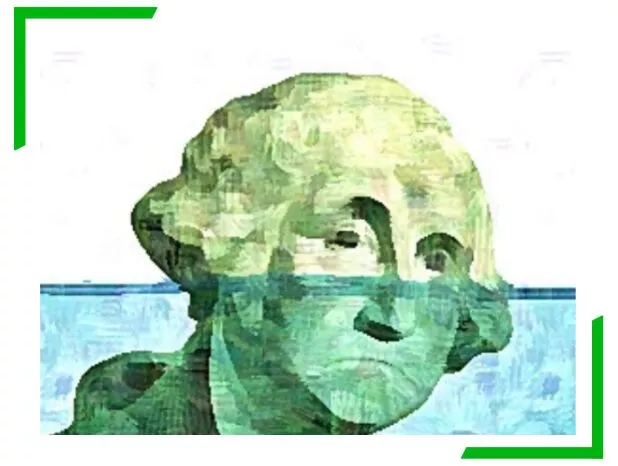The best investments according to research and statistics “Dead” investors.

“Dead” investor”Dead” investor
Several years ago, Fidelity was an investment company, one of the largest asset managers in the world - conducted a survey of brokerage accounts of its clients, to select the best in terms of profitability and find out the secret of investor success.
The study yielded unexpected results. Among the best were brokerage accounts, long-dead owners and inactive securities accounts. Probably, their owners for some reason lost access to accounts or forgot about them.
Whether this is true or not, hard to say, but the main conclusion can be drawn from the study - the less activity on the brokerage account, the better the result. Or otherwise - less trade and speculation, more investment.
There are several reasons, explaining the paradoxical result of the Fidelity study:
1. The more often you make deals, the more commissions you give to the broker.
It would seem that, initially commissions look cheap, but over the years, there is a huge difference between the costs of active traders and long-term investors in favor of the former.
The situation with funds is worse, which, in addition to commissions for transactions, charge a fee for managing the fund regardless of whether it rises or falls.
Also, with active buying and selling, losses are imposed on the spread - the difference between the buy and sell prices. Always want to buy cheaper, than to sell.
Finally, with active trading, more taxes are paid, because. there is no possibility of long-term optimization using privileges for long-term holding of securities. For example, earnings on shares, in possession for more than 3 years, exempt from NDFL.
2. Considering, that brokers are interested in client activity, to collect more commissions, they are a source of constant information noise in the market.
for this, many people are "in trend" and try to participate in the hype. Such an unstable game on the stock exchange in the long term shows the result worse, than with the "buy and forget" strategy. For example, CGM Focus Fund has shown profitability over ten years on average 18% per annum. But the average investor in this fund, according to research by Morningstar, got a loss 11%. All because of attempts to actively trade.
The CGM Focus Fund example confirms the S index very well&P500 for 20 years. If nested in the index in 2000 year (at the peak before the IT crisis), it for 20 years you can get almost 287% capital gains including dividends, despite all the crises. But if you subtract everything 10 the most profitable days for this entire period, then income will fall to 77%! All these days are at the peak of crises: 2008 year, coronacrisis 2020 of the year, and always the day before the rapid growth, the markets fell. That is, just before the start of growth, many sell their assets., worsening your result, while investors continue to hold assets, getting more profit.
3. Behavior is costly or an investor's worst enemies are fear and greed.
It often happens., that the investor is selling shares in the company, that fall due to bad news or market conditions. Other companies are bought instead, who are growing at the moment and everything is fine with them. But after a while, the situation changes., the market turns around and the stocks sold start to rise, and bought to fall. This describes the fear of the investor.
Investors often ask the question “Isn't it time to fix profits??"And close positions with a relatively small profit 20%, 30%, 50%, buying other stocks hoping to do the same, although they could hold positions for a long time, receiving capital growth and passive income. Peter Lynch describes it as "cutting flowers and watering the weeds.".
Making a conclusion, we can say, that live investors tend to trade frequently, Fluctuations, dependence on the media, etc.. While dead investors operate on a buy-and-forget basis. As it was written in one foreign article on the Internet: “Your briefcase is like a bar of soap - the more you handle it, the smaller it becomes ".